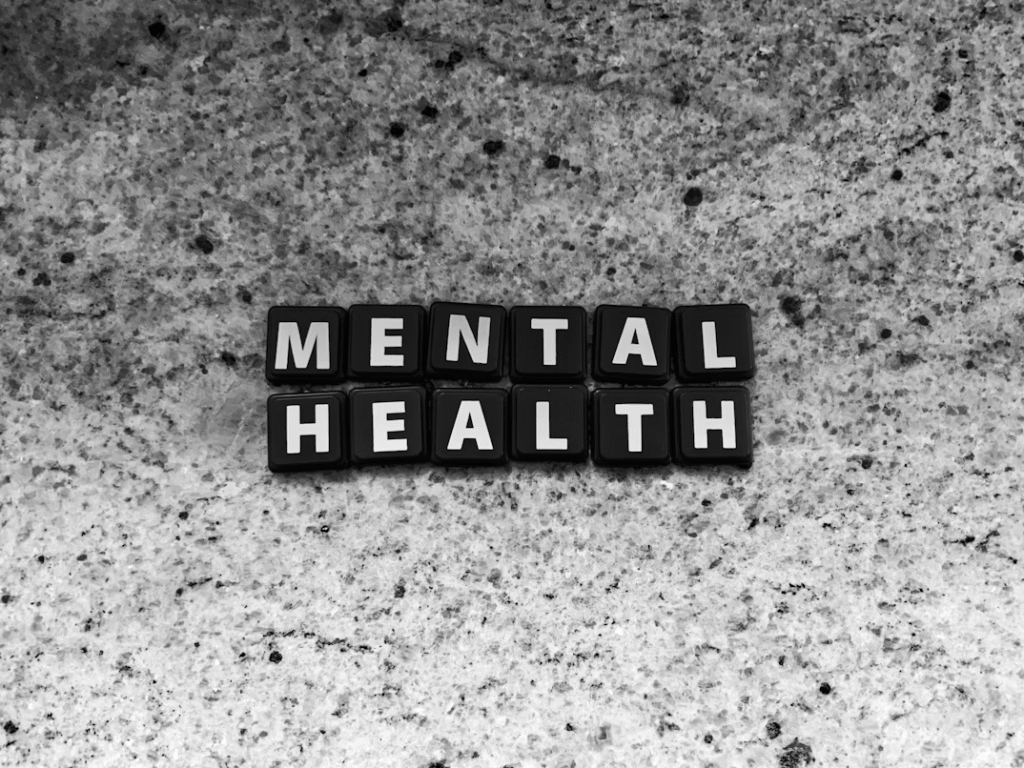
Your Health Magazine
4201 Northview Drive
Suite #102
Bowie, MD 20716
301-805-6805

More Mental Health Articles
Coming Back to Life: How to Take Control Over Your Psychological Needs
Psychological needs play a critical role in our well-being. Understanding and addressing them can significantly impact our emotional and mental health.
By recognizing these requirements, we allow ourselves to live more satisfying lives and develop resilience in the face of stress and adversity.
This article explores the critical aspects of psychological needs and offers actionable strategies to take control and nurture your mental well-being.

The Importance of Psychological Needs
Psychological needs form the foundation of our emotional health. They encompass a variety of aspects, including the need for safety, love, self-esteem, and belonging.
Addressing these needs directly correlates with our mental wellness and ability to cope with life’s challenges. When these needs are met, we tend to feel more secure and capable.
Neglecting them can lead to feelings of anxiety, depression, and isolation. Research shows that individuals who actively address their psychological needs are better equipped to handle stress.
According to a study published in the “Journal of Clinical Psychology,” people with high levels of self-awareness and attachment to a supportive community experience lower rates of anxiety and depression.
This highlights the importance of developing environments, both personally and socially, that promote a sense of belonging and fulfillment. By understanding the importance of psychological needs, individuals can prioritize their mental health.
This shift in perspective encourages more proactive approaches, allowing them to seek support from others, engage with their communities, and invest time in self-reflection and self-care activities.
Strategies to Meet Your Needs
Once you identify your psychological needs, the next step is to implement strategies to meet them. Engaging in open communication with friends and family helps fulfill the need for connection and belonging.
Sharing your feelings allows others to understand you better and creates a supportive environment. Participating in community activities can satisfy the need for belonging.
Volunteering helps others and enriches your sense of purpose and connection. Seek support from mental health treatment services if you’re struggling to meet your needs independently. These services offer resources and expert guidance tailored to individual situations. Establishing routines that incorporate self-care practices is paramount.
Activities such as meditation, regular exercise, and hobbies cultivate self-esteem and personal growth. By intentionally dedicating time to nurturing your psychological needs, you set the foundation for emotional resilience.
Identifying Your Psychological Needs
Taking control of your psychological needs requires first identifying what they are. It often helps to take a holistic approach, thinking about emotional, social, and personal dimensions. Begin by reflecting on recent experiences.
Ask yourself what situations triggered strong emotional responses, whether positive or negative. Some common psychological needs include the need for connection, understanding, respect, and personal growth.
Journaling your thoughts and feelings can be beneficial. Regularly writing down your emotions clarifies your needs and grants insight into patterns and recurring themes in your life. Psychoeducation plays a critical role in this process.
Engaging with literature or consulting professionals can deepen your understanding of psychological needs.
Understanding theories like Maslow’s Hierarchy of Needs can provide a framework to help you identify and rank your needs. Keep in mind that these needs can evolve, making it important to routinely revisit and reassess them.
The Role of Relationships in Fulfilling Psychological Needs
Relationships significantly influence our psychological needs, acting as a double-edged sword. Healthy relationships improve feelings of security and fulfillment, but unhealthy ones may trigger stress and doubt.
Nurturing meaningful connections is critical for emotional well-being. Building and maintaining strong relationships involves effective communication, empathy, and mutual respect. Regularly expressing gratitude reinforces positive bonds, growing a culture of appreciation.
Seek relationships that uplift and support you, rather than drain your energy. It’s equally important to set boundaries. Recognizing when relationships become toxic is important to maintaining your psychological health.
Establishing clear limits prevents emotional burnout and guarantees you dedicate time to healthier interactions. The quality of your relationships directly impacts your ability to meet psychological needs.
Taking time to reflect on the dynamics of your relationships can help you better understand their impact on your well-being. Surrounding yourself with people who encourage personal growth can make daily challenges easier to navigate.
Consistently investing in positive connections can strengthen your sense of belonging. When you prioritize supportive relationships, you create a healthier emotional environment for yourself. These relationships contribute to greater resilience and life satisfaction.
Mindfulness and Self-Care Practices
Incorporating mindfulness practices into daily routines drastically improves psychological well-being. Mindfulness, defined as the practice of being fully present, improves self-awareness and develops emotional regulation.
Techniques such as deep breathing, meditation, and yoga can reduce anxiety and improve self-esteem. Engaging in self-care activities is just as significant. Activities such as reading, gardening, or pursuing a hobby create space for relaxation and self-reflection.
Designing a self-care plan helps individuals prioritize their needs and remain dedicated to meeting them. Understanding that self-care is not selfish is important. It is an investment in your health.
Taking moments for yourself affirms your importance and lays the groundwork for emotional resilience. As you cultivate a mindful lifestyle, you empower yourself to face life’s challenges head-on.

Looking for Professional Help
Recognizing when to seek professional help is a critical aspect of taking control over your psychological needs. Mental health professionals possess the tools and expertise needed to guide individuals in navigating complex emotions and challenges.
Therapy allows for open exploration of thoughts and feelings in a safe environment. Different therapeutic approaches cater to varying needs, ranging from cognitive-behavioral therapy (CBT) to mindfulness-based strategies.
Engaging with mental health services is an empowering step towards understanding and managing your psychological needs. Support groups develop a sense of community, connecting individuals facing similar struggles.
Sharing experiences within a group can profoundly alleviate feelings of isolation and promote healing. The value of professional help cannot be overstated; it empowers individuals to break free from unhealthy patterns and develop healthier coping mechanisms.
Taking control over your psychological needs requires awareness, identification, and proactive strategies. Recognizing the importance of these needs develops a fulfilling life and improves emotional resilience.
By nurturing relationships, incorporating self-care and mindfulness practices, and seeking professional help when needed, individuals can effectively address their psychological needs to improve well-being.
Other Articles You May Find of Interest...
- Exploring the Different Types of Schizophrenia for Better Mental Health
- Self-Care Isn’t Selfish: Tips for Unlearning Guilt Around Rest and Healing
- Who Doesn’t Want To Feel Better Faster?
- The Evolution of Ketamine Therapy: From Clinics to At-Home Treatment
- Psychologist Vs Therapist Vs Counselor: Understanding the Differences
- How to Feel Less Stressed in the Long Term
- Embracing Neurodivergent Traits for a Healthier Mindset














